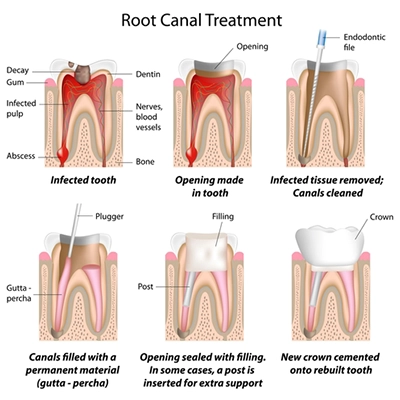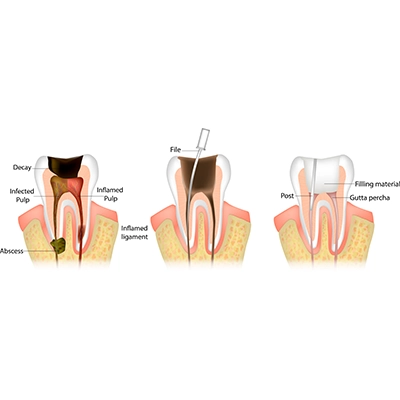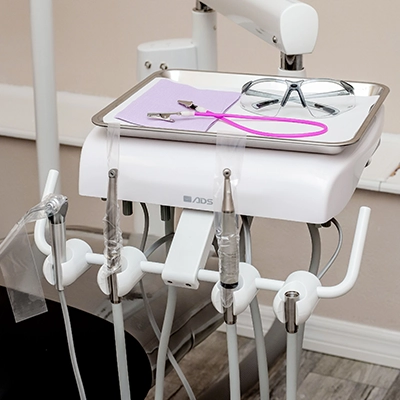LEARN ABOUT OUR SAFETY COMMITMENT
Menu
- New Patients:
- 727-219-1369
- Current patients:
- 727-494-7179
Menu


Root canal treatment can often save a seriously infected or damaged tooth. Tooth decay, excess dental procedures, normal wear and tear, gum disease, broken fillings, or trauma to the tooth can all lead to infection or damage. Could you ensure you’re in good hands by booking with Precision Dental?


An affordable and painless root canal treatment from Precision Dental. Don’t let your pain go untreated. With years of experience and technology, you’ll be able to enjoy a hassle-free dental checkup without any issues.

Because of our extensive background in dentistry, we are able to significantly enhance our patient’s standard of living.
Your dentist at Precision Dental in New Port Richey will treat you like family and work quickly and thoroughly to ensure your comfort and satisfaction.
Our actions and results are based on our values of creativity, innovation, and professionalism.
Digital radiography is a variant of X-ray imaging that employs digital X-ray sensors instead of standard photographic X-ray film to create superior digital images of teeth, gums, and other oral structures and diseases.
Digital dental radiographs (digital X-rays) are used more frequently by dentists today for improved detection, diagnosis, treatment, and monitoring of oral disorders and diseases.
OPGs are especially helpful since they produce sharp, detailed images that reveal even the most hidden teeth. An OPG can show you anything in your mouth, from wisdom teeth to undetected root fractures.
Nothing is hidden, and everything is exposed for your dentist to see. This facilitates a prompt and precise analysis of your oral condition.
Up to four radiographs per doctor’s visit are considered safe for pregnant women, though most patients and dentists will choose to wait until after the pregnancy is over. In an emergency, a pregnant woman shouldn’t be worried about getting an X-ray.
With the help of safety measures like “double lead aprons,” you can reduce the amount of radiation exposure to a patient during radiography to nearly minimal levels. Women who are pregnant, breastfeeding, or attempting to conceive do not need to postpone X-rays.
Every type of surgery carries the potential for complications. Every time a root canal is done, it’s because your dentist wants to save the tooth. However, the tooth may need to be extracted if the damage is too severe or the residual structure is too weak to prevent further collapse.
An abscess can form at the tooth’s root if the infection is not completely removed or a crack in the root goes undiagnosed. You may require further treatment if bacteria has grown due to this.
Tooth extraction may be an option if you and your dentist have discussed the risks and benefits of a root canal treatment and determined that you would rather not undergo it. Usually, this entails replacing the missing or damaged tooth with a denture or an implant.
Friday (Good Friday)
9 AM–2 PM Hours might differ